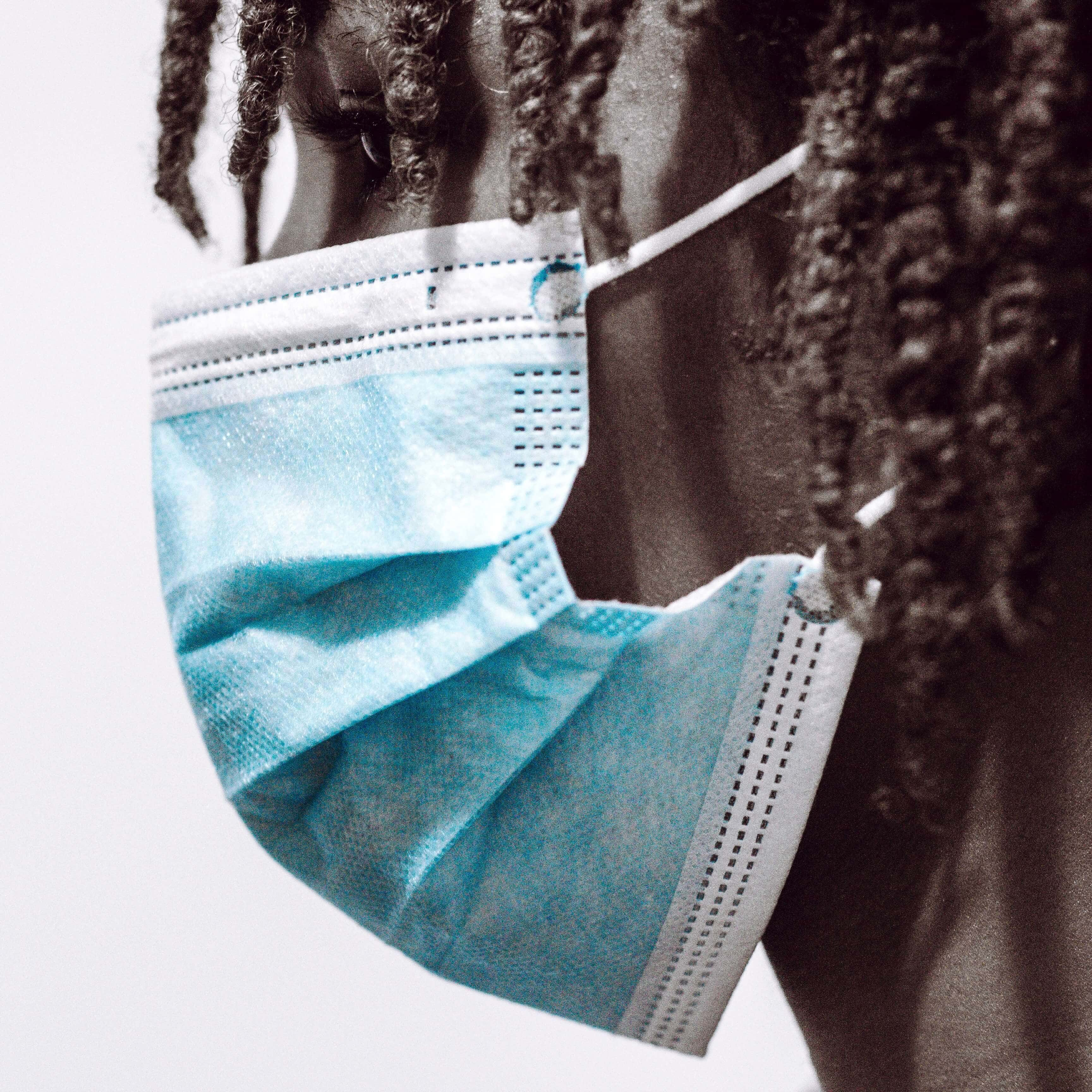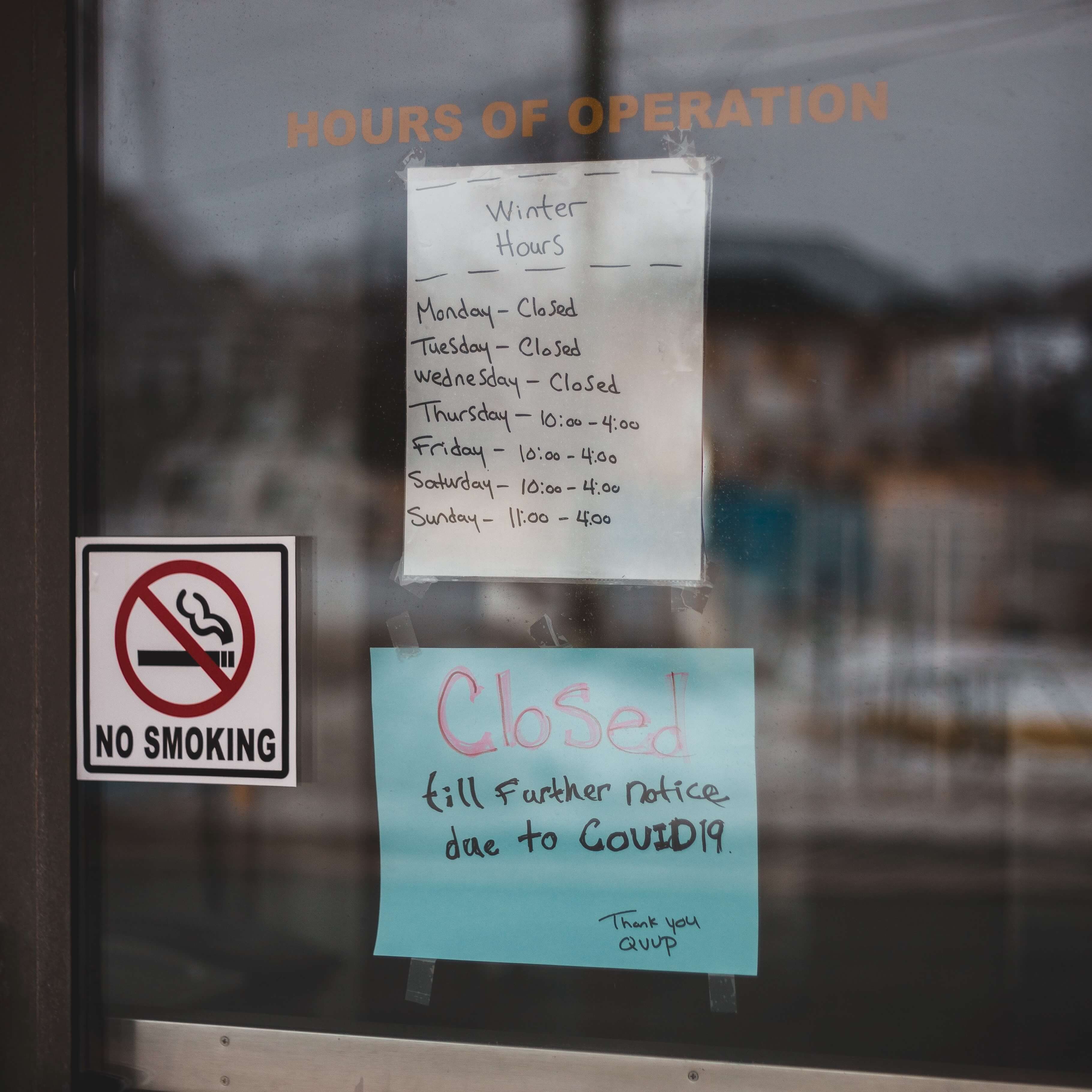
What Is a PCR Covid Test?
There are two main diagnostic tests for Covid-19 - lateral flow tests and the PCR test.
Most people are familiar with the rapid lateral flow tests, such as the FlowFlex rapid test, as they’re easily available online and in pharmacies. Besides, LFTs such as the Healgen test kit have been used in the UK for mass and self-testing since the start of the pandemic.
However, many of us may not be familiar with PCR tests. In our line of work, most of our customers want to know the PCR Covid test meaning while others want to know what is a PCR test for.
This article helps to answer such questions by taking a detailed look into the PCR Covid-19 test.
What Is a Covid PCR Test?
A Polymerase Chain Reaction (PCR) test is one of the Covid-19 diagnostic tests. The molecular test uses the polymerase chain reaction lab process to detect the unique genetic material of a pathogen such as a virus.
The Covid-19 PCR test uses a Covid test swab to collect samples from the nasal or throat areas. The sample is what is analysed to check for genetic material or the RNA that is unique to the SARS-CoV-2 infection. Using the PCR technique, scientists also convert the SARS-CoV-2 virus’s RNA into DNA and amplify or make copies of the small amounts of the DNA, making it possible to detect the presence of coronavirus.
The PCR test is very sensitive as it can detect the presence of the SARS-CoV-2 virus even when it is in very small amounts in a sample. Due to this sensitivity, this test has been approved as the gold standard of Covid-19 testing.
Testing Process

PCR testing occurs in several steps, as explained below.
- Sample collection - This is the first step, where an experienced healthcare worker will collect an upper respiratory sample using soft and long nasopharyngeal swabs. The sample may also be collected with a throat swab. Other PCR tests require a saliva sample which is collected and sealed in a tube.
- Extraction - After sample collection, the specimen is sent to the lab where the extraction of the SARS-CoV-2 genetic material occurs.
- Reverse transcription - The SARS-CoV-2 genetic material is in the form of a single-stranded RNA. The RNA is converted to a double-stranded DNA using the reverse transcription process. The two DNA strands are then separated.
- Amplification - Since molecular analyses require a large amount of DNA, millions of copies of the double-stranded DNA are made with the help of primers that help duplicate the viral DNA.
- Interpretation of the results - Certain chemicals are also added to the mixture. These chemicals produce a fluorescent light if the SARS-CoV-2 infection is present in the specimen. This signal is what is interrupted as a positive Covid-19 test result, indicating the presence of the coronavirus. The test results are available in 24 hours or in a few days, depending on how long the sample analysis process takes.
A positive PCR test means that you have an active Covid-19 infection, while a negative test result means that you don’t have a Covid-19 infection at the time of the test. Sometimes a void or a false negative result may occur if the sample collected wasn’t enough to detect any genetic material.
As noted earlier, the PCR test is very sensitive, meaning it can detect the presence of the SARS-CoV-2 infection even when the sample may have a very small viral load. This means that the test can continue to give false positive results even among people who have recovered from Covid-19 so long as there are small amounts of the virus material in the sample.
Advice on Taking the Test
Sample collection for most PCR tests is done at test centres by skilled healthcare workers. This is because the sample collection process for PCR testing is complicated.
However, home PCR tests are available. Notably, if you’re using an at-home PCR Covid test, you need to follow the provided instructions carefully to ensure proper sample collection.
Here is more PCR testing advice to help you use the at-home PCR test correctly:
- If you’re using the NHS PCR test kit, check if it’s registered. If it isn’t registered, register it before you use it, as this will ensure you get your results
-
Read the instructions carefully before opening the kit
-
Wash your hands with soap and water before you use the kit
-
Check the test kit contents. If there are some contents that are damaged or missing, do not use the kit
-
Take your swab sample as per the instructions
- If you are taking nasal swabs and you have a nose piercing, swab on the other nostril. In case both nostrils have nose piercings, remove the piercings before swabbing
- If you can’t take a throat swab, swab both nostrils
- Once you’re done with sample collection, seal the specimen and send the PCR test by post on the same day you take the test
- For the NHS PCR home test, the results will be availed to you within 2 days of returning the kit. If you haven’t received the results in five days, call 119
Conclusion
The Covid-19 PCR test is a molecular diagnostic test that detects the presence of the SARS-Cov-2 genetic material in a sample. The PCR test is recognized as the most sensitive and reliable method for Covid-testing.
Unlike lateral flow tests, PCR tests take longer to perform. You can order a Covid-19 PCR test online or from a pharmacy near you. Buying lateral flow tests is possible for those who need quick test results. Rapid lateral flow tests can be ordered from online private test providers such as CovidTests and other reliable sellers.



